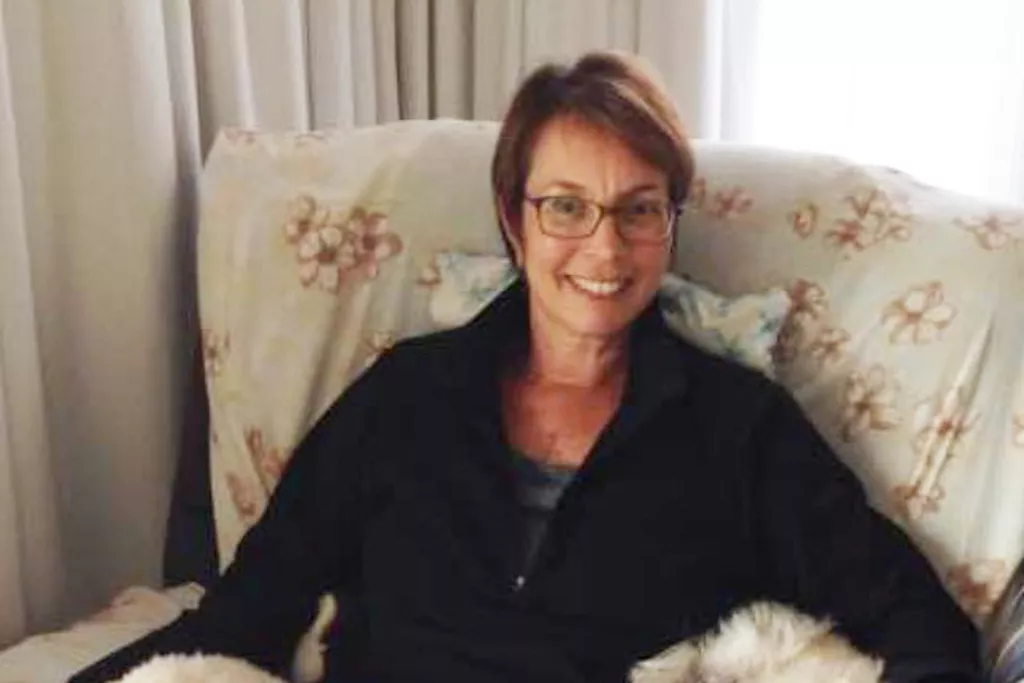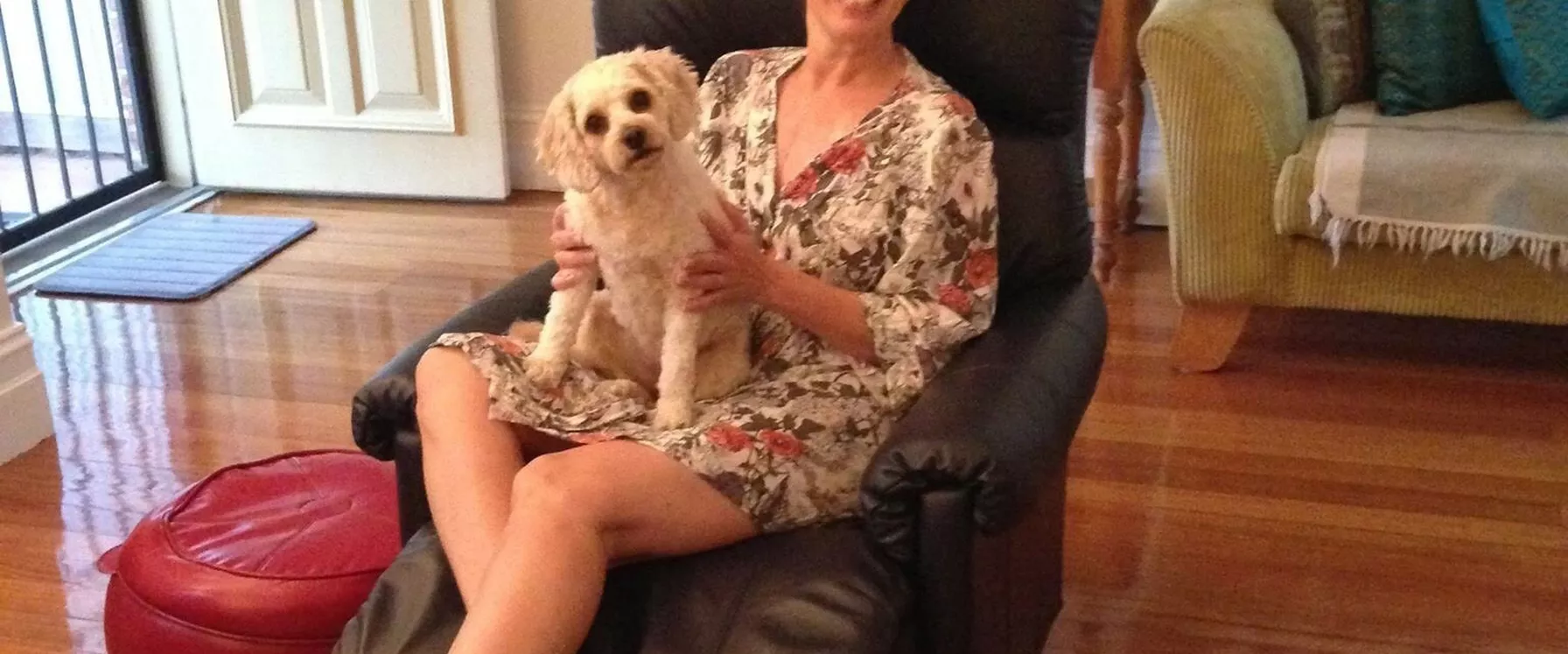Faye Stephen is a young 53. She goes to the gym and Zumba classes regularly, swims every day, doesn’t drink or smoke, and has been a vegetarian for over a decade.
She is the last person you would expect to need an emergency quadruple bypass.
“I had felt abnormally tired for a couple of weeks. When I went to my GP, he said I needed to slow down a bit – it was just my hormones,” Faye recalls.
“After Zumba one night, I felt absolutely awful and drained. When I got home, my husband said, ‘Faye, your colour doesn’t look great. You’re getting too old to do Zumba.’”
But it wasn’t the Zumba. Faye began perspiring profusely. She felt the most terrible pain in her jaw, and an intense ache at the back of her neck. The pain became unbearable.
“The last thing I remember was telling my husband, ‘John, you need to call the ambulance. Something’s not right.’ And then I woke up and found out I’d been in intensive care for five days.”
During that time she doesn’t remember, Faye had undergone a quadruple bypass.

Faye’s situation is not uncommon. Despite the fact that heart disease kills almost as many women as men and is the single biggest killer of Australian women, it is often overlooked. The symptoms of heart disease and heart attack in women can also differ, which is why it can often go undetected.
Fortunately for Faye, her doctors realised what was happening to her. The operation and her recovery afterwards went well as she returned to her home in Brompton, Adelaide. But just three months later, Faye started experiencing horrific jaw pain again.
One emergency trip to the hospital later, Faye was surprised to find out her heart was fine. After months of testing, she discovered that she had developed a vascular disease of a different sort – an autoimmune disease called polymyalgia rheumatica with giant cell arteritis.
Now after seemingly endless treatment and testing, Faye has found a health regime that works for her. She’s back to running and swimming, and Zumba. But she hasn’t come out of it unscathed.
“You do become a little insecure. If you get certain pains, you might wonder if it’s happening again. I wasn’t depressed, but I was very sad because I’m normally such an energetic and healthy person. I was seeing no light at the end of the tunnel, and it was just awful. But you do get over it.
You realise how how quickly life can be taken away, so in that way, you realise not to sweat the small stuff. Look after your health. Listen to your body.
Faye is grateful for the support she’s had. “We’re so lucky to be in this country and have access to medical facilities, and be in a place where medical research has advanced enough to really help people.”
Her husband has also been key to helping her get through her health challenges. “You have to have a supportive partner. John really battled in the beginning, because I had all these dressings on and wires, and I was so different, but he got through it. Just as I did.”
To other women who’ve had heart surgery, Faye’s advice is, “Be proud. You don’t need to have a complex just because you have a big zipper scar down your chest. You know what, we’re alive. You’re alive, and you can survive and you can do it.”
How is HRI helping?
HRI conducts groundbreaking research across a broad range of cardiovascular-related topics, in our goal to reduce the number of people who die from cardiovascular disease and to offer a better life for those already suffering from the disease by developing next-generation treatments and medical devices.
Our Coronary Diseases Group is investigating whether the anti-inflammatory drug colchicine, which has already proved safe and effective for treating conditions like arthritis and gout, can be repurposed to protect against repeat heart attacks. A collaboration between the Coronary Disease Group and our Clinical Research Group has also discovered that the heart releases certain substances during a heart attack that can be detected in the laboratory.

